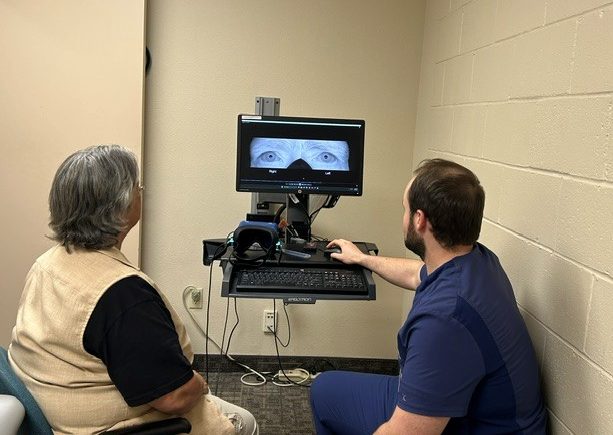As you slip into your favorite cozy sweater, pumpkin spice latte in hand, don’t forget to add another essential autumn activity to your checklist: Flu vaccination.
This winter, we’ll likely see flu, COVID-19 and RSV circulating together, says Sutter Health’s Medical Director of Pharmacy and Infection Control, Dr. Jeffrey Silvers. “Getting the flu isn’t just a bad cold—it can be days of fever, body aches, exhaustion and flu can even lead to serious health complications. It’s a miserable experience that can be prevented or made much less severe with a simple flu shot.”

Dr. Jeffrey Silvers, Medical Director of Pharmacy & Infection Control at Sutter Health
A longtime infectious disease specialist, Dr. Silvers reminds the public that “anyone can get the flu, even the healthiest among us. Vaccination is your best defense for staying healthy for yourself and those around you.”
Now is the ideal time to roll up your sleeve. Public health experts and the CDC recommend getting your flu shot by the end of October. Dr. Silvers, too, emphasizes the importance of getting vaccinated well before the flu season typically peaks in January and February. “During winter months, people tend to gather indoors, where close contact and poor airflow allow respiratory viruses to spread more easily through the air from talking, coughing or sneezing,” he explains. “Ideally, you should get your flu shot in late September or October, keeping in mind it takes two to three weeks for the body’s immune system to build up protection.”
Sutter Health is now scheduling flu vaccinations. If needed, patients are encouraged to make an appointment with their primary care provider to discuss which respiratory vaccinations are appropriate for their age and health.
Who Is Most At-Risk?
Everyone six months and older should receive a flu shot, with special consideration for people in high-risk groups who may need extra protection. “Flu poses the most severe risk to the very young, those with compromised immune systems and older adults,” says Dr. Silvers. “Some groups should get the enhanced flu shot to offer stronger protection.”
Here’s who qualifies as high-risk:
- The CDC advises that people 65 and older should receive enhanced formulations of the flu vaccine. These formulations include any of the following:
- High-dose inactivated influenza vaccine (HD-IIV3, Fluzone High-Dose),
- Recombinant influenza vaccine (RIV3, Flublok), or
- Adjuvanted inactivated influenza vaccine (aIIV3, Fluad).
- New this year, the CDC advises that people 18 and older who have had a solid organ transplant and are taking immunosuppressive medications also receive the enhanced flu vaccine.
- Other at-risk populations include people with certain chronic health conditions such as asthma, heart disease and stroke, diabetes and chronic kidney disease.
The flu vaccine is safe and recommended for pregnant people. A pregnant person who receives the flu vaccine is providing their unborn baby with antibodies to help protect the baby against severe influenza during their first six months of life.
Flu Shot Shield
Flu vaccination is not forever, its protection lasts five to six months, on average.
“The flu shot remains our strongest defense to reduce severe influenza-related health outcomes, says Dr. Silvers. “With tens of thousands of flu-related deaths annually in the U.S., getting vaccinated goes beyond a personal choice; it’s a compassionate step towards safeguarding your health and well-being and that of others.”
Visit the FDA for more information about how vaccine flu virus strains are selected each year.
Want to get your COVID-19 vaccine, too? The FDA has updated COVID-19 vaccines for 2024-2025. According to the CDC, getting both at the same time is safe.
Note: This content is not intended to be a substitute for professional medical advice, diagnosis or treatment. Always seek the advice of your physician or other qualified health provider with any questions you may have regarding a medical condition. Never disregard professional medical advice or delay in seeking it because of something you have read on this website.





